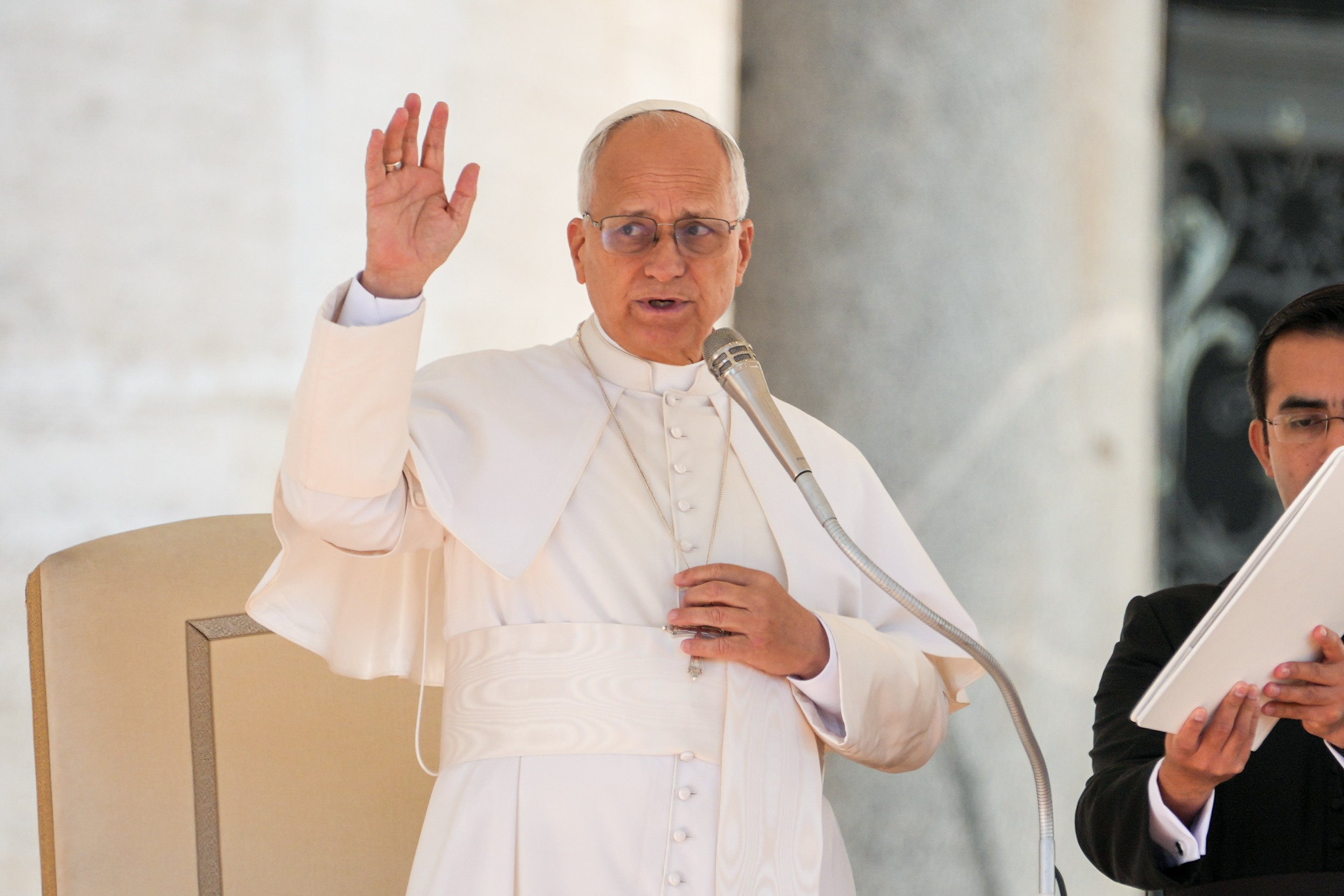April 6, 2018 at 1:53 p.m.
WORD OF FAITH
We must be concerned
'Whatever you bind on earth will be bound in heaven, and whatever you loose on earth will be loosed in heaven.' Matthew 18:19
I recently received several emails containing the same story about sayings people falsely attribute to Scripture. The biblical expert whose research prompted the story debunked everything from, "Spare the rod, spoil the child," to, "A stitch in time saves nine!"
But when it came to, "God helps those who help themselves," he made a perceptive comment: "Anyone who knows the Bible would never claim such a statement is in there. It runs completely counter to everything the Bible teaches."
One need go no further than Sunday's readings to prove his point.
The authors of the Hebrew and Christian Scriptures practice a faith which drives them to relate to others. They follow a God who's not only worried about those who cannot help themselves, but expects people of faith to share in that concern.
Thus, the command Yahweh gives Ezekiel in our first reading (Ez 33:7-9): "You, son of man, I have appointed watchman for the house of Israel; when you hear me say anything, you shall warn them for me."
No doubt there were many days the prophet would have preferred to stay home, curl up with a good scroll and let his fellow exiled Israelites figure out Yahweh's will by themselves. After all, when he did deliver God's word, he wasn't accepted with open arms. His concern for others created lots of problems for him.
Forging on
Fortunately, the fear of being hassled for carrying out God's will doesn't stop Paul from making certain the Christian community in Rome knows what God wants them to do (Romans 13:8-10).
"Brothers and sisters," he writes, "owe nothing to anyone except to love one another; for the one who loves another has fulfilled the law."
Because the Apostle imitates the dying and rising Jesus in his life, he, like Jesus, goes to the book of Leviticus to surface a quote which summarizes his other-centered lifestyle: "Love your neighbor as yourself."
The reason is clear: "Love does no evil to the neighbor; hence, love is the fulfillment of the law."
It's within that context of love and concern that Matthew's Jesus (Mt 18:15-20) tells us to get involved in a situation many would prefer to avoid: "If your brother or sister sins against you, go and tell them their fault between you and them alone."
This direct approach to evil isn't just a tool for promoting good communication. It's also meant to guarantee that Christian communities avoid becoming dysfunctional. If the sinful individual refuses to alter his or her behavior, the whole Church must be brought into the picture.
Community role
Some of us might be amazed at the value Matthew's Jesus gives to both the whole Church and its individual members. All of us - not just leaders - are empowered to "bind and loose," and the joint prayer of just two of us "shall be granted by [Jesus'] heavenly Father."
A stunning statement about the community's importance is saved for last: "Where two or three are gathered together in my name, there am I in the midst of them!"
No wonder we're called to be concerned for all, especially the helpless. Our sacred authors presume each person is important enough to merit our concern. By relating with and to them, we surface the risen Jesus.[[In-content Ad]]
SOCIAL MEDIA
OSV NEWS
- Pope offers prayers for the Philippines and for peacemakers
- Dig deep and work patiently to keep church on solid foundation, pope says
- Portland archbishop on ICE: Human dignity comes from God, not government
- Christian hope shows the earth can resemble heaven, pope says
- Washington Roundup: Election shifts; Venezuela vote; transgender passports, and more
- Novel highlights power of art and music as a salve to troubled humanity
- Supreme Court sides with Trump administration to temporarily block full funding for SNAP
- Former diocesan fundraising director indicted on wire fraud for alleged 6-figure theft
- Love is key to church’s mental health ministry, says bishop who lost family to suicide
- Caring for creation is part of peacemaking, pope tells COP30







Comments:
You must login to comment.